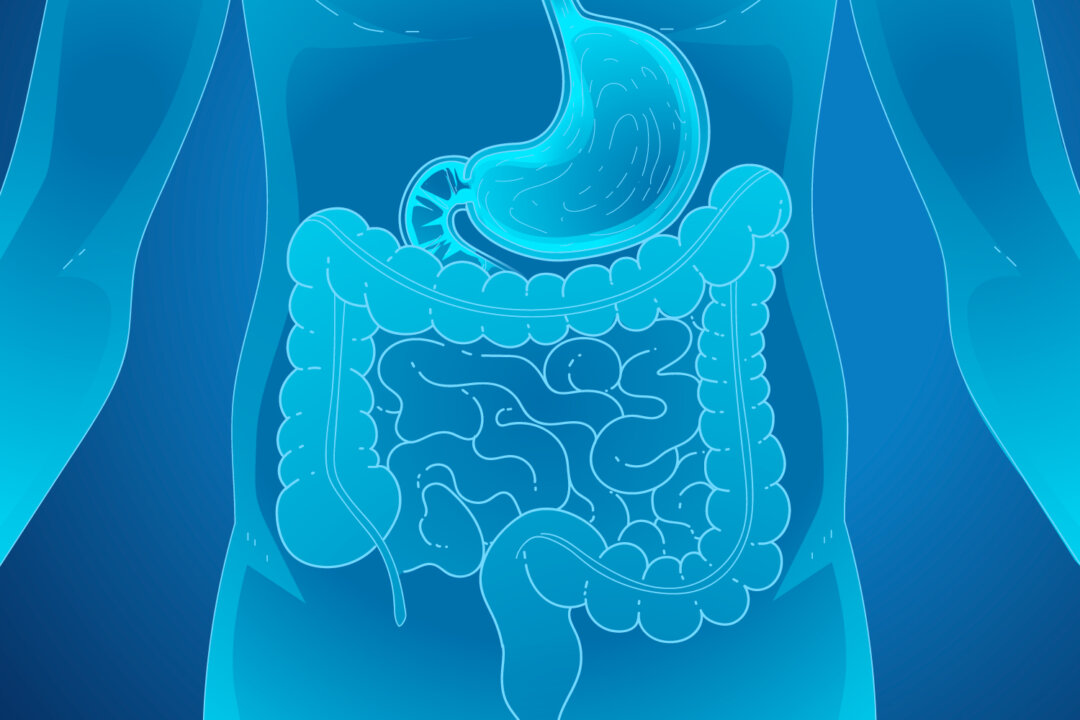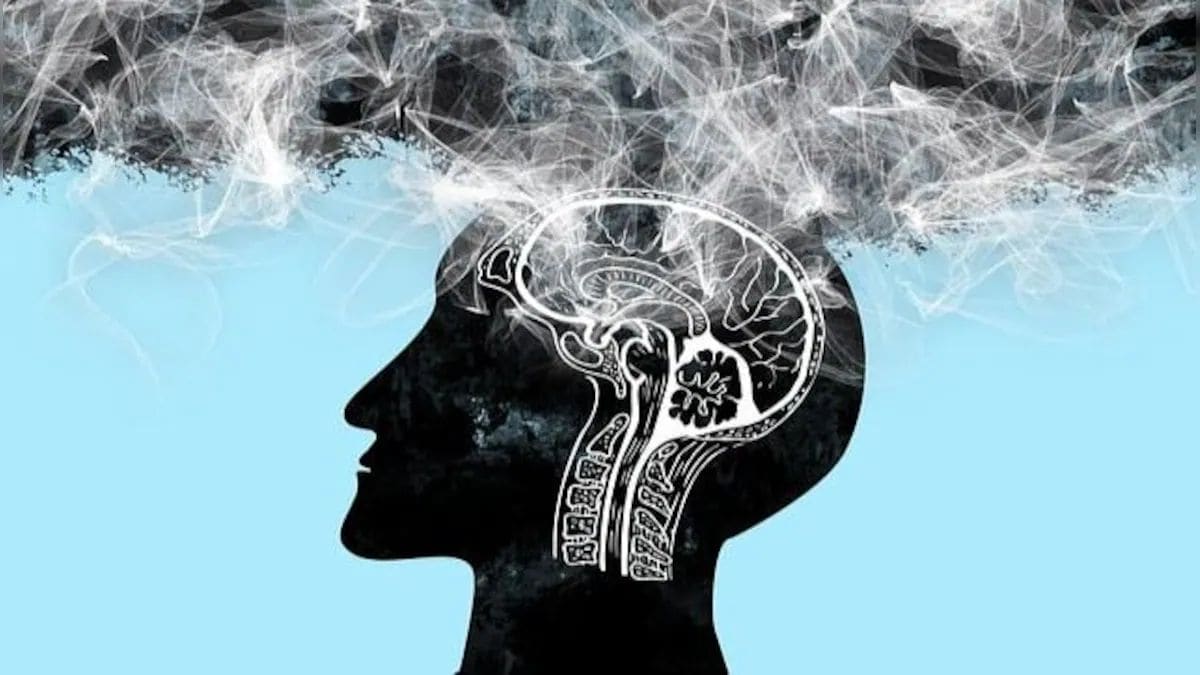Muscle synthesis rates are, in particular, directly impacted by protein intake. However, this depends on various factors, including dietary protein digestion and amino acid absorption. “Malabsorption can lead to malnutrition, which can cause muscle wasting and, therefore, decrease muscle size and strength,“ Yasi Ansari, a registered dietitian, board specialist in sports dietetics, and spokesperson for the Academy of Nutrition and Dietetics, told The Epoch Times.
”It’s essential to understand the root cause of malabsorption to better understand why higher amounts of protein might not be enough to preserve muscle mass.” Malabsorption can also lead to deficiencies in other key nutrients (like vitamins and minerals) necessary for muscle maintenance and growth. Ansari added that it’s essential that protein sources are not only high in quantity but also of high quality (containing all essential amino acids) and easily digestible.

Examples of protein sources that contain all essential amino acids are beef, poultry, fish, quinoa, and buckwheat. Amylases: break down carbohydrates Lipases: digest fat Proteolytic enzymes: metabolize protein “The gut microbiota also plays a role here; a healthy microbiome can enhance nutrient absorption, while dysbiosis can contribute to malabsorption,” Subhadra told The Epoch Times. Dysbiosis refers to an imbalance of microorganisms in the gut, or microbiome.
“Aging can alter gut function, leading to decreased production of digestive enzymes and changes in gut motility,” Subhadra added. The post-workout period, typically 30 to 60 minutes after training, is considered the optimal time for nutrient absorption, known as the anabolic window. During this time, glycogen stores decrease, and muscle fibers are damaged.
Consuming carbohydrates and essential amino acids can replenish glycogen stores and initiate muscle protein synthesis with a high absorption rate. A diet rich in fiber, probiotics, and prebiotics can support a healthy gut microbiome. Staying well-hydrated aids digestion and nutrient absorption.
Employing cooking techniques, such as fermenting, soaking, or lightly cooking vegetables, can enhance nutrient bioavailability. Eating smaller and more frequent meals can promote better digestion and absorption. Taking digestive enzyme supplements may help improve nutrient uptake.
The dietitian will typically conduct a comprehensive assessment by reviewing your daily intake, identifying any symptoms you have been experiencing, and determining whether digestive enzymes or other supplements are necessary. They will also suggest dietary changes or substitutions. The ultimate goal is to find foods you can comfortably digest, absorb, and tolerate.
.

















